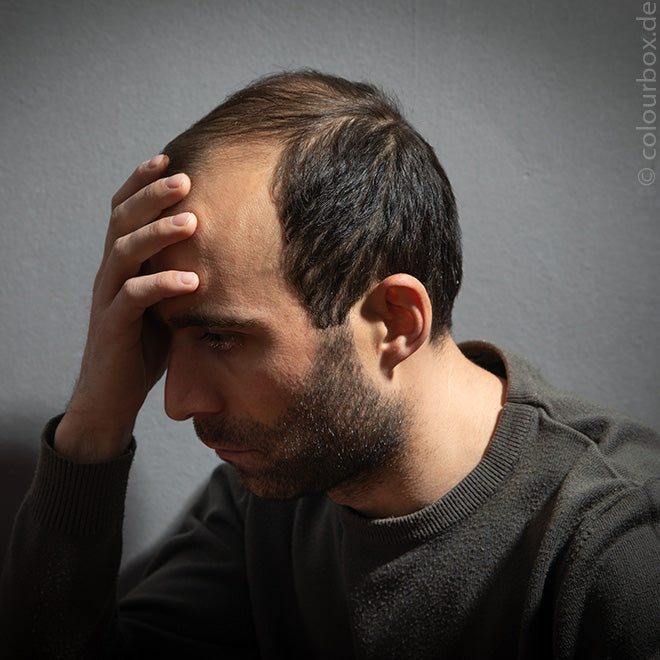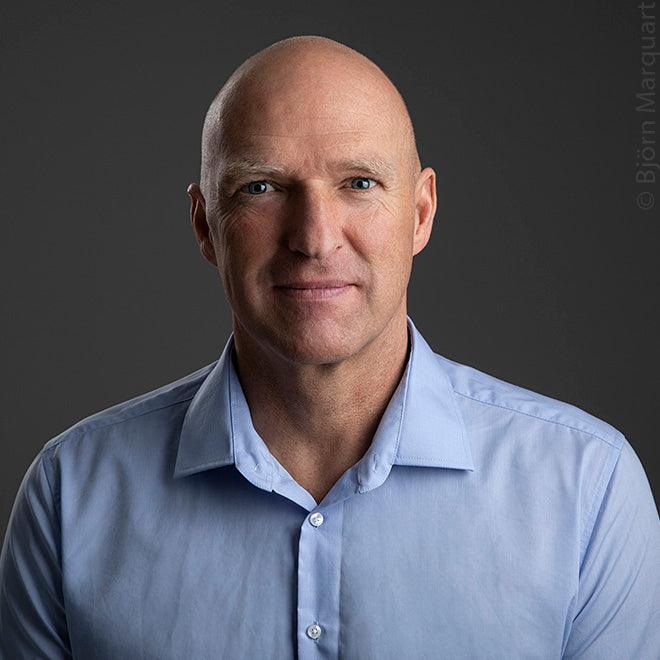
When suffering becomes a burden ... Ulrich Kohler shows how “unconscious guilt” arises and how to free yourself from it
When suffering becomes a burden ... Ulrich Kohler shows how “unconscious guilt” arises and how to free yourself from it
Unresolved suffering that cannot be prevented often leads to unconscious feelings of guilt that lead to serious physical or psychological problems. Only self-forgiveness using targeted phrases to remove guilt can resolve the burdening emotions, as Ulrich Kohler shows in his book " This guilt is not mine ."
The natural compassion and pity of man
The theme of guilt not only shapes all religions in the world, but affects almost every person in their being: our natural compassion wants to eliminate all suffering from the world or at least alleviate it. However, when suffering is experienced in others or in oneself that remains unhealed - for example through wars and disasters, illness and death in one's immediate or wider environment - a deeply hidden feeling of guilt can arise: the so-called unconscious guilt.
Powerful mechanisms of "reparation" ensure that people hold on to stressful feelings, sabotage themselves, fail to achieve their goals, or punish themselves. The consequences can be mild to severe physical or psychological complaints, disastrous life patterns, entanglements on the path of life, and unhappy relationships.
After his own painful experiences, alternative practitioner Ulrich Kohler discovered the concept of unconscious guilt and the way to resolve it. In his book “This guilt is not mine” he uses numerous case studies to show how one can free oneself from burdensome feelings of guilt using the LösUS® technique.
The emergence of unconscious guilt
In the general understanding, guilt means a violation of a rule, an agreement, a contract, an obligation, a law. It therefore always requires some kind of disregard, transgression or violation of a more or less generally accepted agreement of values, a norm. The prerequisite for this kind of guilt is the intellectual recognition of the consequences and the acceptance of responsibility.
Unconscious guilt, on the other hand, takes place entirely on an emotional level: "The feeling of guilt is unconsciously passed on from oneself to oneself. This guilt is unconsciously taken upon oneself. This type of guilt does not obey the respective religious, ethical, moral or other traditional laws and customs. The prerequisites for this type of guilt are not tied to the outside, but are determined from within."
The guilt that a person has unconsciously taken on himself can only be removed by that person. Unconscious guilt inhibits the ability to deal with difficulties constructively and actively seek solutions. Resolving it, on the other hand, increases energy, creativity, constructiveness and significantly improves the ability to solve problems.
LösUS® – the discovery of self-forgiveness
Everyone can immediately free themselves from their unconscious guilt and the associated stressful emotions that have arisen from current and still tangible suffering. The key to this is the LösUS® technique. It is the right tool to free yourself from unconscious guilt caused by current, unhealed suffering. LösUS® can be used on yourself at any time or with someone else. If it becomes more complex, it makes sense to turn to a trained professional, the so-called LösUS® practitioner.
We can speak of a resolved unconscious guilt when the stressful emotions associated with it have been resolved and any self-forgiveness that may be needed has been accomplished. The sentences for removing guilt must be formulated in such a way that they name and express the existing unhealed suffering. When the unconscious guilt is resolved, the unconscious mechanisms of reparation are stopped: "We heal our self-harming unconscious reparation mechanisms and free ourselves from unconscious self-punishment," explains Kohler. "We withdraw from the controllability of others through these completely unconscious mechanisms and rediscover the true autonomy of our being."
Book tip:
Ulrich Kohler: This guilt is not mine . How unconscious feelings of guilt shape our lives and how we can free ourselves from them. With numerous case studies and instructions for the LösUS® technique. Mankau Verlag, 1st edition September 2023, paperback, 13.5 x 21.5 cm, 318 pages, 22.00 euros (D) | 22.70 euros (A), ISBN 978-3-86374-700-8
Link recommendations:
More information about the book “This guilt is not mine”
To the reading sample in PDF format
More about author Ulrich Kohler
Our social networks – for questions, criticism, suggestions











